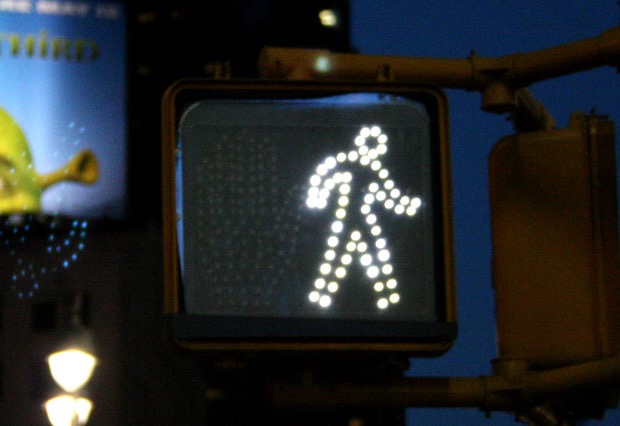The Commonwealth Scientific and Industrial Research Organisation (CSIRO) have invented a new layer of security for wearables, by tracking the way the owner walks and recognizing slight alterations in the style.
The team also figured out a way to harvest energy from hand movement and feed it back to the wearable, potentially extending the battery life when on the move.
See Also: Meet Emma, the wearable that helps people with Parkinson’s
“By applying both techniques we have developed a way to achieve two goals at once – powering devices and the ability to verify a person’s identity using a wearable device by capturing the energy generated from the way they walk,” said Sara Khalifa, a research scientist at Data61.
CSIRO’s Data61 team have built prototype devices and are pleased with early results. It noted a 78 percent reduction in energy consumption and 95 percent authentication accuracy.
Testing promising — but not quite done
The security layer still needs some work, as 13 of the 100 people that tested the wearable were able to break in. Compared to the accuracy of a fingerprint or heart-rate, that is a very high rate of failures.
It is also questionable how accurate CSIRO or any other research team could make this security layer. Even though we don’t change the way we walk often, people do move between arms swaying, hands in pockets or hands on smartphones quite often, which could set off the security layer.
Data61 is not stopping there, it already has concept ideas for breathing patterns, something that is much more unique and harder to replicate.

















